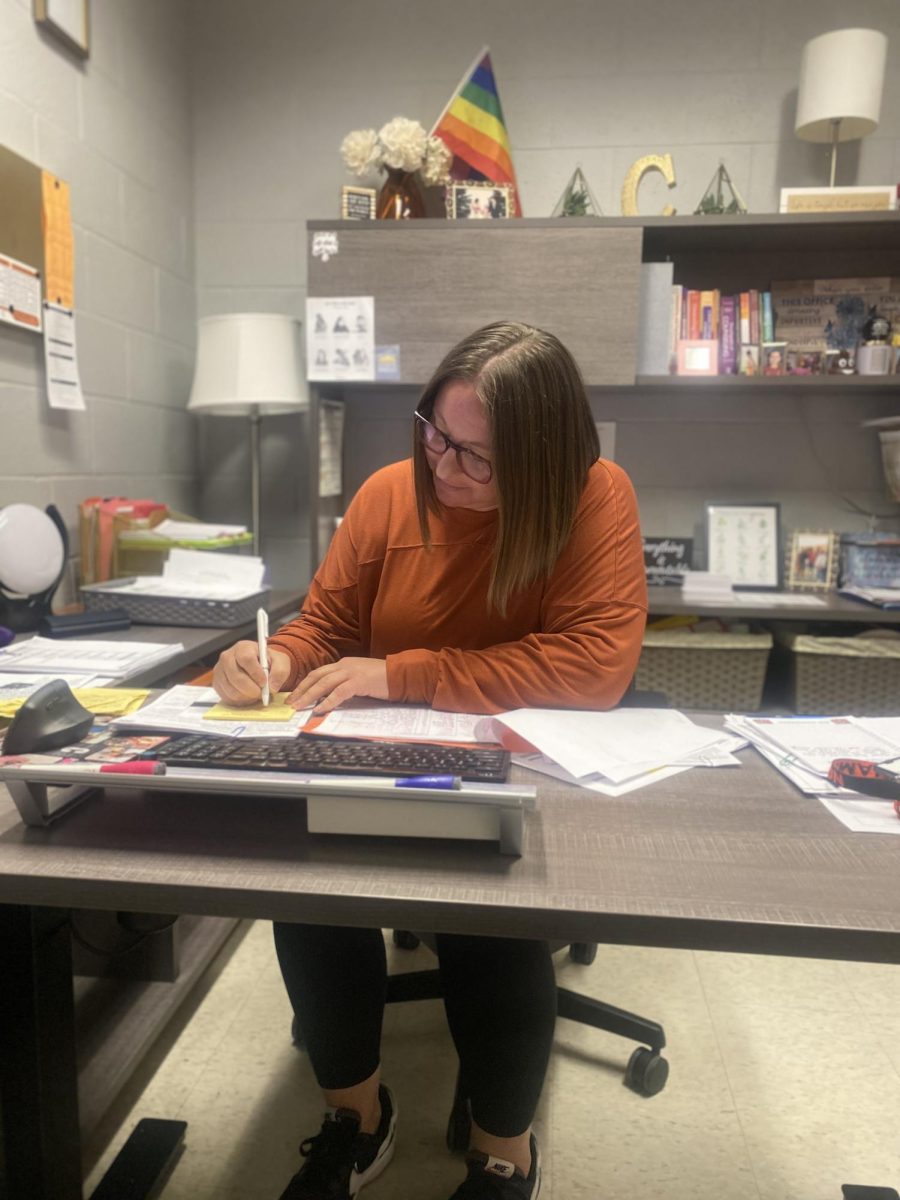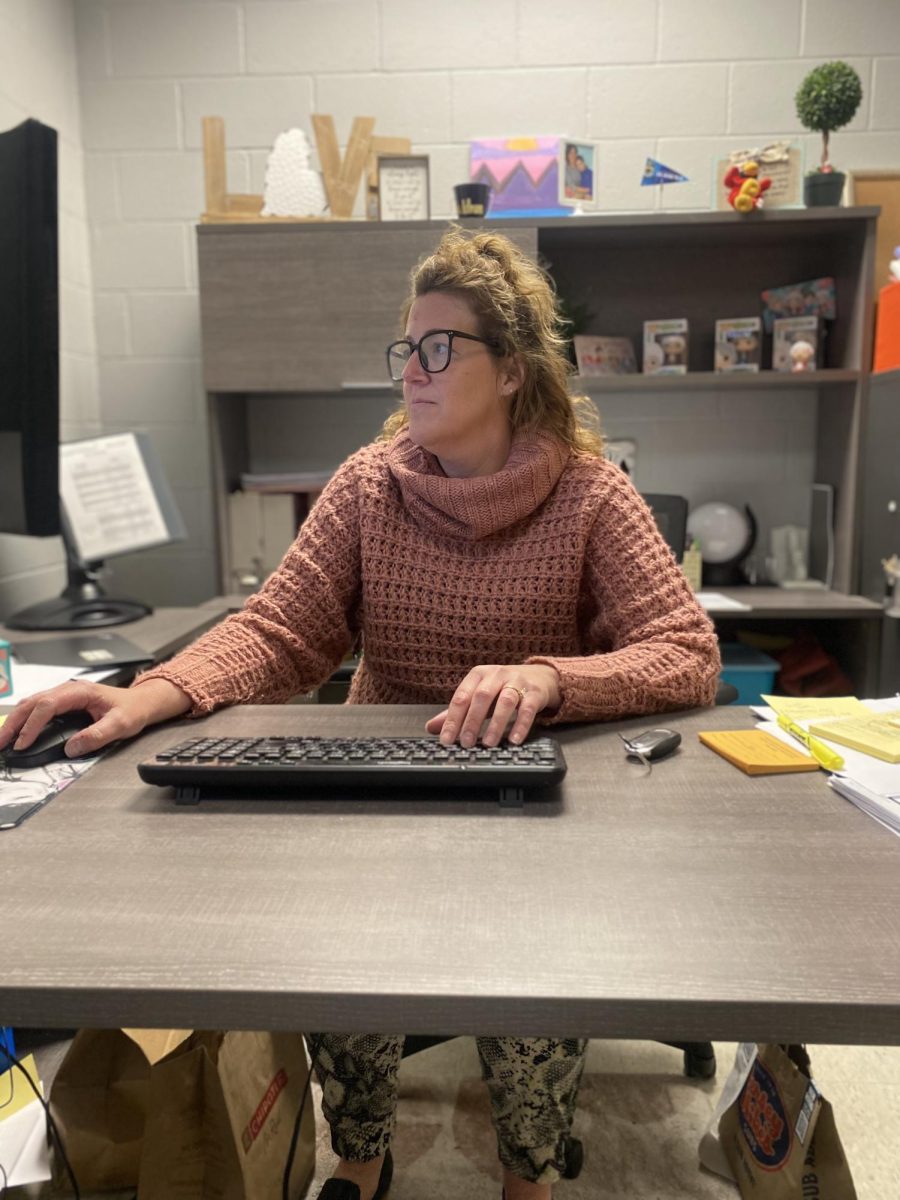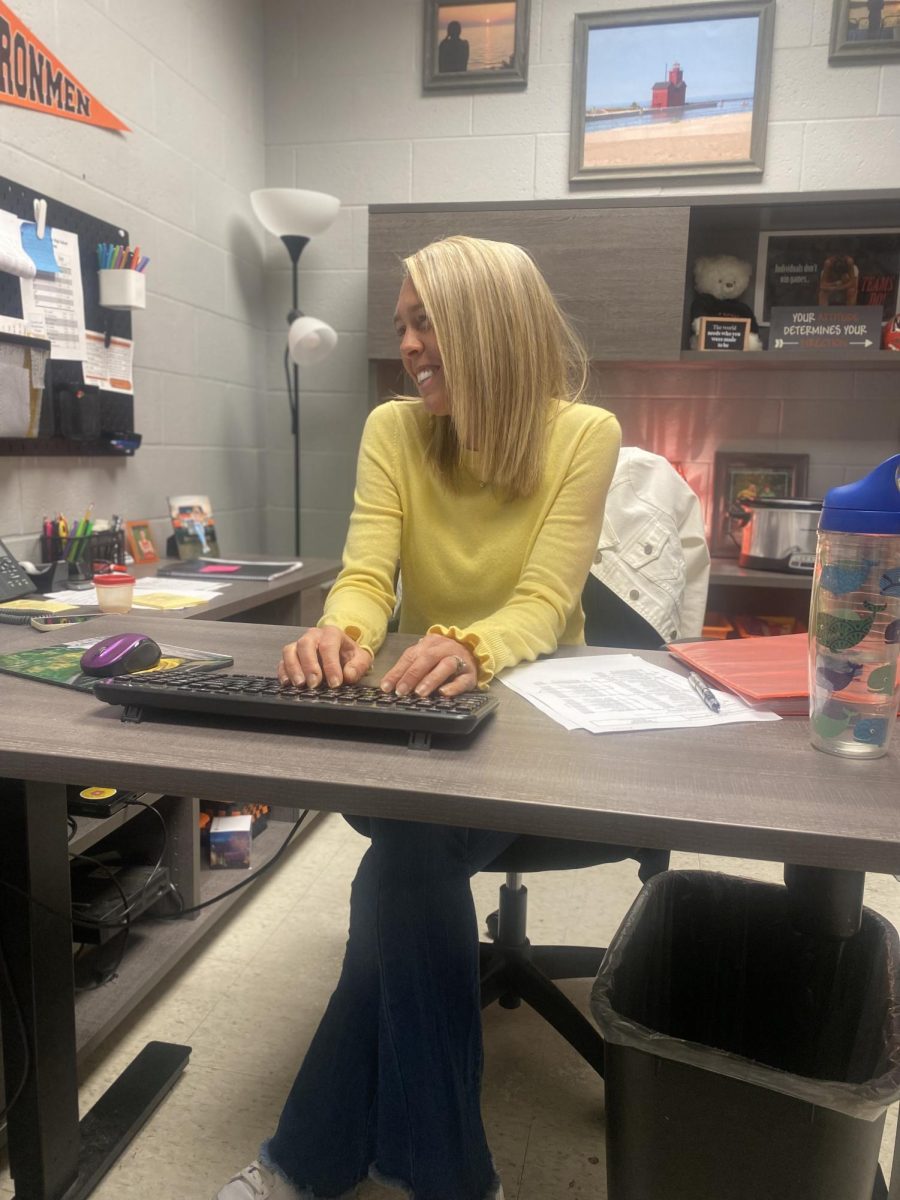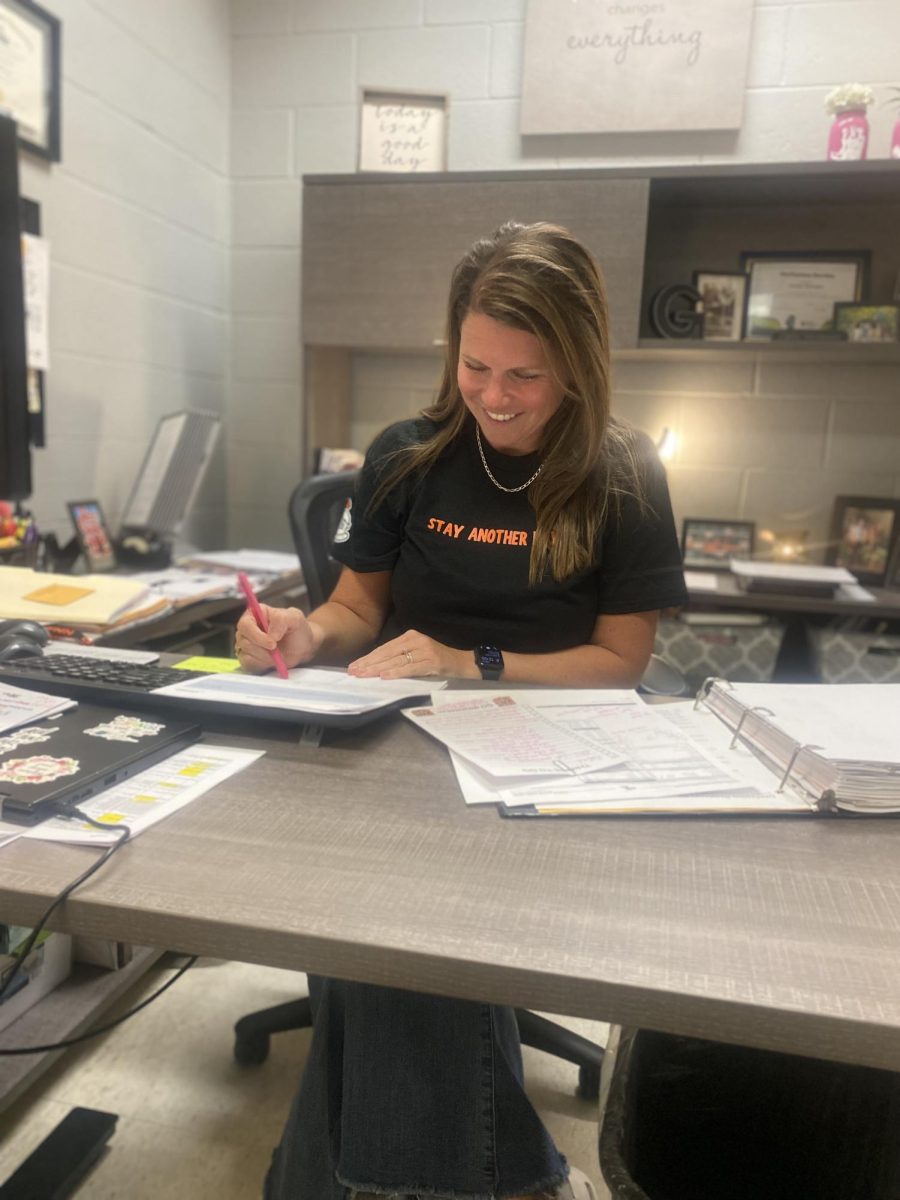The counselors who carry it all

You won’t find their names on report cards, they don’t speak at graduation, but for hundreds of students at Community, the school counselors tucked away in the Counseling office are the most important adults they’ll meet in high school.
Ms. Kristi Chase remembers one of those former students well—a young woman who came to her nearly every day for four years, juggling school, a part-time job and a household in crisis.
Chase helped her through food insecurity, family addiction and late-night panic attacks.
“She was basically on her own,” Chase said. “I became her security blanket.”
Years later, the two still meet for dinner.
That kind of lasting relationship isn’t in the job description.
But at Community, it’s the reality.
As students struggle with mental health, instability at home and mounting academic pressure, school counselors are no longer just college advisors or course schedulers.
They’re cheerleaders, coaches in resilience, providers of hope—and sometimes, the only adult telling a teenager that they still have a future or hard truths.
A counselor’s role—and their importance in the school system—has changed immensely over the last few decades, leading to misconceptions about the job.
“When I was in high school, way back in the day,” Chase said, “they were called guidance counselors, and they didn’t really do anything.”
“They might have helped you with your college application,” she said, “but they weren’t really there to support you as a whole student.”
People just really don’t understand what the role entails today, Chase said—they think we only deal with scheduling or college applications.
But it’s everything—“mental health struggles, family situations, difficult peer situations.”
“Then,” Chase said, “we’re also looking at academics.”
Today that means, tracking graduation credits, coordinating standardized testing, registering students for AP exams, communicating with outside agencies like the NCAA.
Chase described just a small portion of her personal workload in the Counseling office.
“I’m in charge of AP exam setup, registration, applying for testing accommodations for students that have 504 plans or English language learners,” she said.
That alone, coordinating 323 students taking 674 exams over a three-week span, Chase said, can “just become really overwhelming.”
Still, amid the nonstop demands, Community’s counselors work to maintain personal connections with the students behind the caseloads.
“I love helping kids with all of the aspects,” Chase said.
Ms. Brooke Bollmann, who came to Community after 13 years at Normal West, said her biggest priority is helping students feel seen.
“My goal is to touch base with all my students at least two to three times a year,” she said. “Just to make sure they know that there’s someone there, and they can help.”
It was her personal experience, the help her own counselor provided in high school that drew her to the career.
Before becoming a counselor, Bollmann said she worked in marketing at a nonprofit.
“I made good money,” she said, “but there was no fulfillment in it.”
The real draw, she said, was the opportunity to offer students the support she once received.
The counselors sense of responsibility doesn’t end when the final bell rings, Chase said.
“You never really shut it off,” Chase said. “It’s always in the back of your brain.”
Early in her career, that emotional carryover kept her up at night. Now, Chase said she’s learned to manage the weight—for her students and for her family.
“When I go home, I have to be mom. I have to be wife,” she said. “But when I come in the building in the morning, I’ll be that safe place.”
Still, the toll can build up.
“There are times in the year where it’s too much,” Chase said. “We feel it in our bodies—our shoulders tense up. So we have to have outlets.”
For her, that outlet is her husband.
“He doesn’t work in education, but he lets me vent, process. Sometimes I just say, ‘I need an hour where I’m left alone.’”
Mrs. Addie Ince described a similar struggle to reset.
“There are days when we’ve just had to shut our doors and say we can’t see students for a few hours,” Ince said.
There are the “rare cases,” like the loss of a student, where “you just can’t do it all,” Ince said.
For Ince, who transitioned to counseling after half a decade teaching English, the workload is less about paperwork—and more about emotional weight.
“It’s more like on my heart,” she said.
To protect her own well-being, Ince draws a firm line: “I try not to check my work email at home. When I’m home, I’m home. And that’s helped a lot.”
“We can’t take that weight every single day home,” Ince said. “And of course, some days you are going to… but you have to learn that balance.”
Balance, the dual roles of being a parent and a counselor, Bollmann said have helped her maintain perspective.
“I hope that the person who’s helping my kids cares about them,” she said. “And I want to do that for the kids here, too.”
That parental lens, Ince said, has changed her own approach over the years.
“When I started, I was 27,” she said. “Now that I’m a mom of a high schooler… I’m a little less afraid to tell a parent, ‘You’re doing a sucky job.’”
In 13 years as a school counselor, Chase has seen a clear shift.
“The biggest difference is the lack of resiliency,” she said. “Kids now do anything they can to avoid in-person communication… They don’t really have the desire to work through hard things.”
Counselors used to help students navigate tough teachers or push through difficult classes. Now, Chase said, much of her work is teaching students how to “work through hard things and get to accomplish a goal.”
“I didn’t used to have to teach those skills,” she added. “But now we do that way more—teaching how to talk to a teacher, how to advocate for yourself.”
Mrs. Jenn Giermann, who started her career in a K–12 district before moving to the high school level, said the emotional needs of students seem to grow heavier each year.
“You’re dealing with people becoming young adults, and sometimes those are really bad choices,” she said.
Still, Giermann said, “Not everybody has that support at home. And then what… what are they going to do when they leave us?”
Bollmann said her own mindset has shifted with experience.
“When I first started, I thought I knew everything,” she said. “Like, ‘My kids would never act that way.’ But now I’ve learned—every student is different. And we’re here to support, not judge.”
That shift, she said, comes with recognizing that no two students take the same path.
“Some kids just are unique,” Bollmann said. “And we shouldn’t be judging. We should just be supporting.”
With each counselor responsible for 300 to 400 students, building trust isn’t easy—but it’s the most important part of the job.
For Chase, every conversation with a student carries weight.
“My mantra,” she said, is: “This could be the one interaction that really makes or breaks a situation.”
That belief—that a single conversation can shift a student’s trajectory—is one shared across the department.
“We all probably sometimes think about kids that have left, and we wish we could have changed something for them,” Giermann said. “But I remind myself—when they’re here, I’m here to support them.”
That support takes many forms.
Chase said learning how each student “operates” is part of the work: “Sometimes it’s trial and error… some of it’s counseling techniques, some of it’s just conversation.”
And sometimes, a quiet check-in is enough.
“A little text every once in a while goes a long way,” she said.
Bollmann, too, stays in touch with former students.
One of them, she said, turned his life around after incarceration and now helps others avoid the same mistakes.
“He showed me that… we screw up sometimes, but how you come back from that is really important.”
Even years later, those relationships matter.
“I have kids of students,” Ince said. “Which is what makes me old. But I think that’s cool.”
For Bollmann, building connections often starts with small, intentional moments.
“I try to get out in the hallway,” she said. “I try to call students down—not because they’re in trouble, but just to chat and see what’s going on.”
And for Giermann, sometimes connection means sharing creativity.
“I like doing anything where I’m creating—photography, sewing, graphics for the department,” she said. “It helps me decompress, but it’s also a way to connect with students.”
What Community’s counselors hope their students carry with them isn’t just advice—it’s belief in their own potential and possibility.
“I want them to know they have options,” Chase said.
For some students, that means easing the pressure to follow a single, rigid path. For others, it means realizing they have a path at all.
“I want them to know that, like, we all get to the place we’re going to go, and we just take our own paths—like our own different paths—to get there,” she said. “I want them to know that it’s okay if that plan does not stay right on track, but like, you can always find your way back by knowing you know how to ask questions.”
Either way, Chase said, “we’re going to prepare for those options. And you can get there.”
Put simply: “We’re here if they want it or need it. And that’s enough.”
“It’s not just about the kids who get straight As,” Bollmann added. “Some of the most meaningful relationships I’ve had are with students who stumbled but figured it out.”
And for Ince, the answer to why she keeps doing the work is simple.
“I love the kids,” she said. “At the end of the day, I would never want to do anything else.”
If you value the Inkspot’s commitment to student journalism—giving Normal Community’s reporters real-world experience—please consider donating to support our staff’s trip to the National High School Journalism Convention.
Your generosity helps us cover travel costs, enter national contests and attend sessions led by top media professionals—an unforgettable opportunity to learn, grow, and represent Community on a national stage.
THANK YOU for investing in the next generation of storytellers.

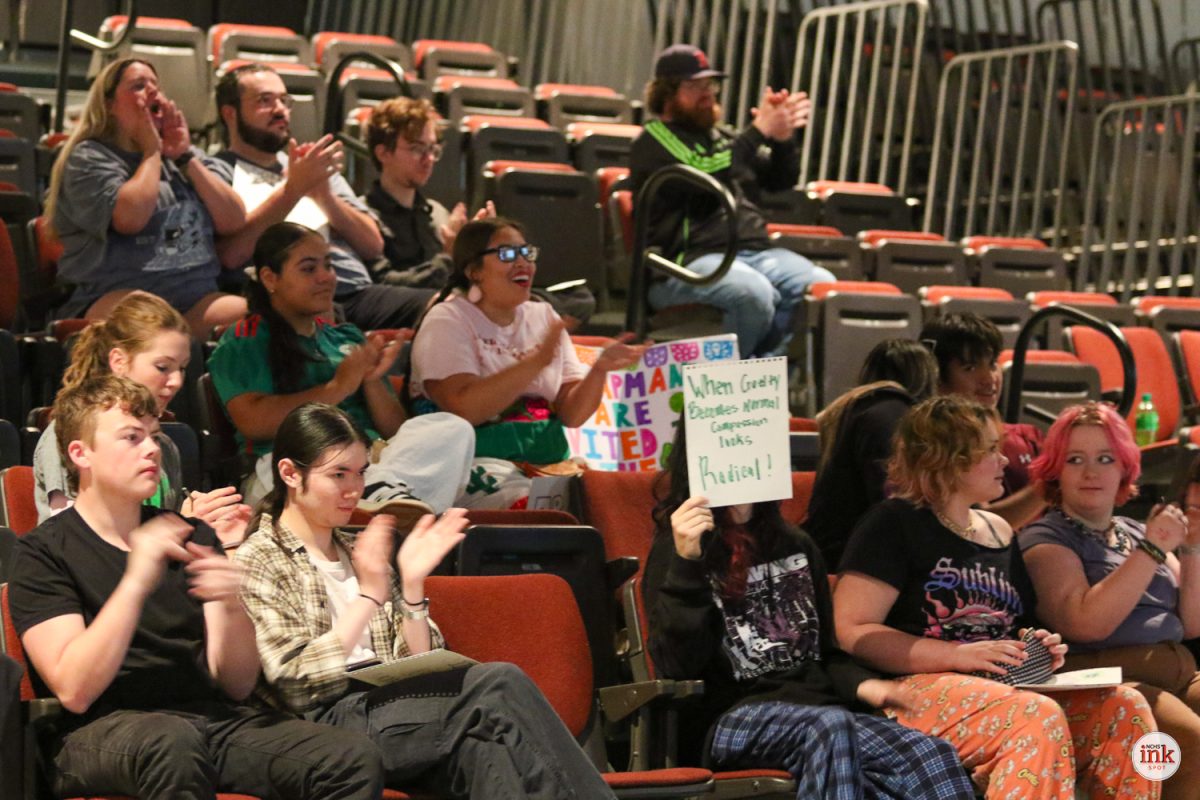

![Community honors longtime coach Mr. Bryan Thomas before Oct. 3 game [photo gallery]](https://nchsinkspot.com/wp-content/uploads/2025/10/Thomas-6-1200x1200.jpg)
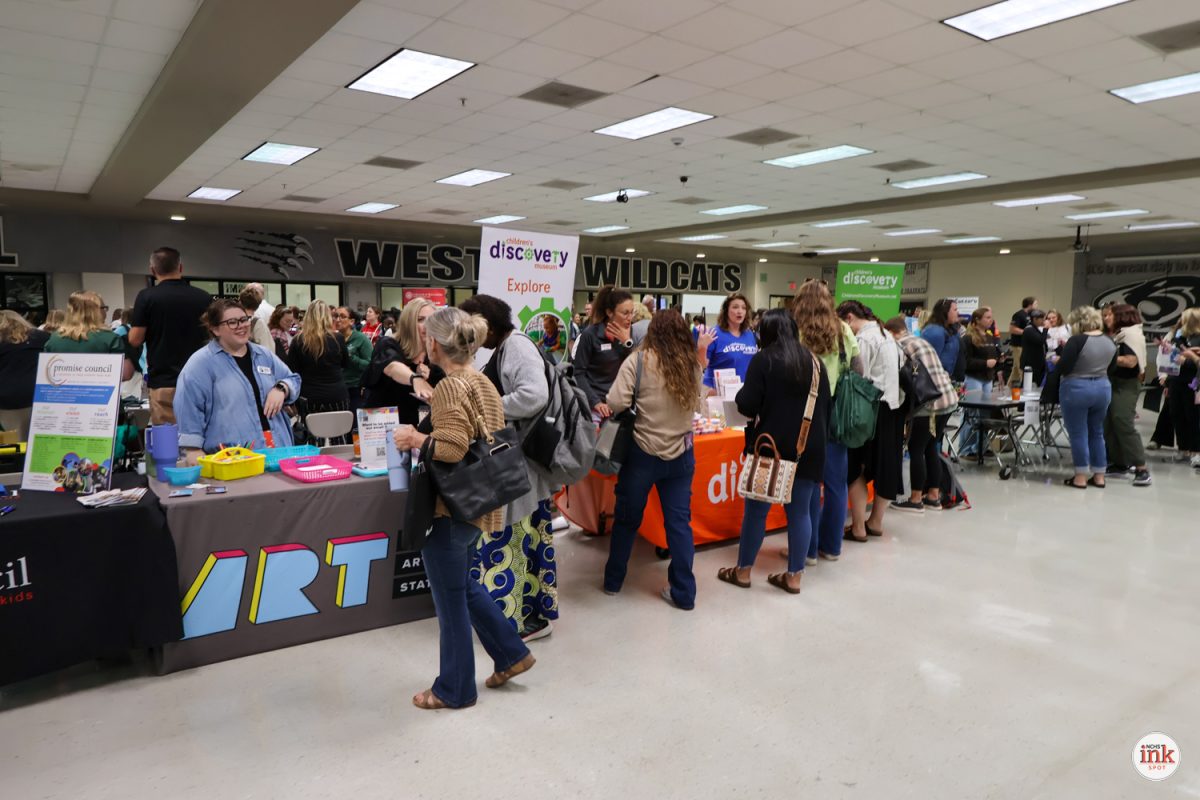
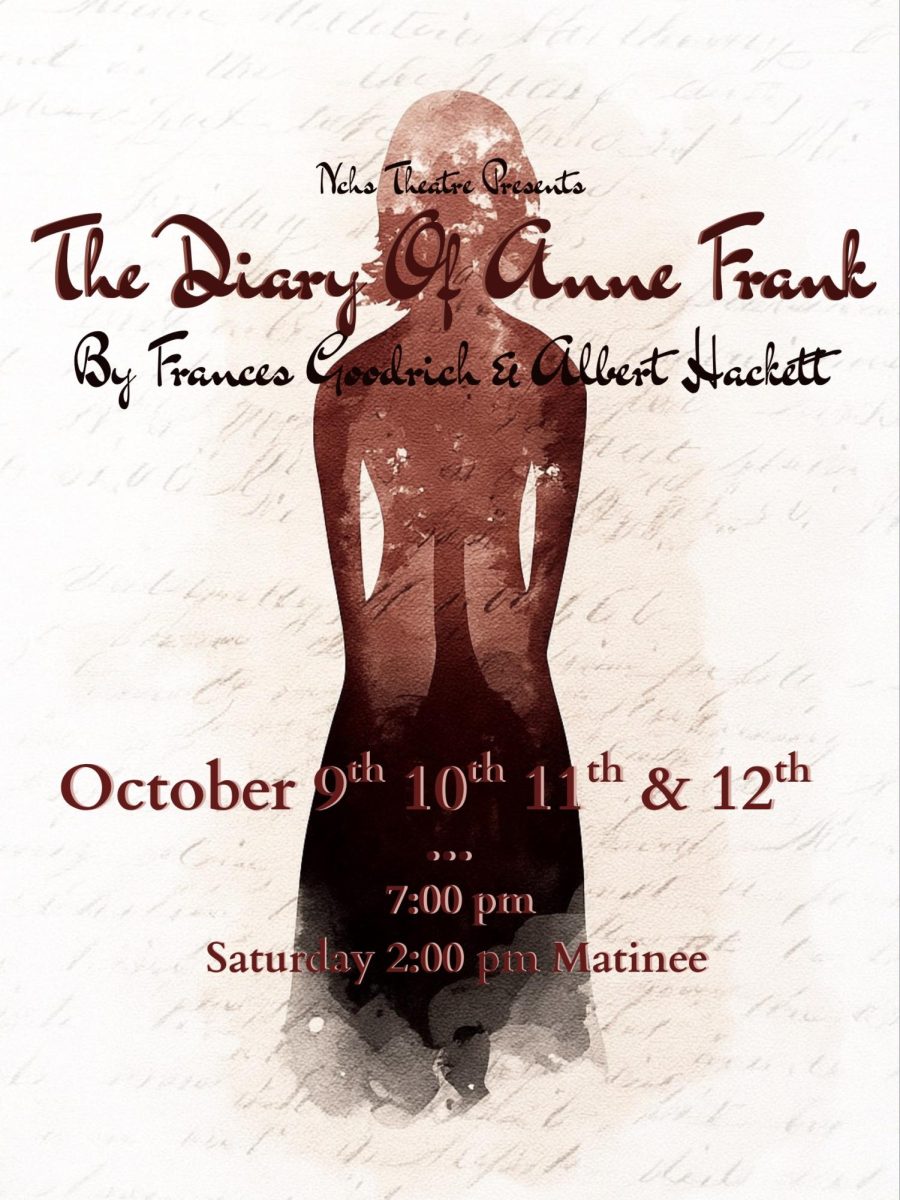

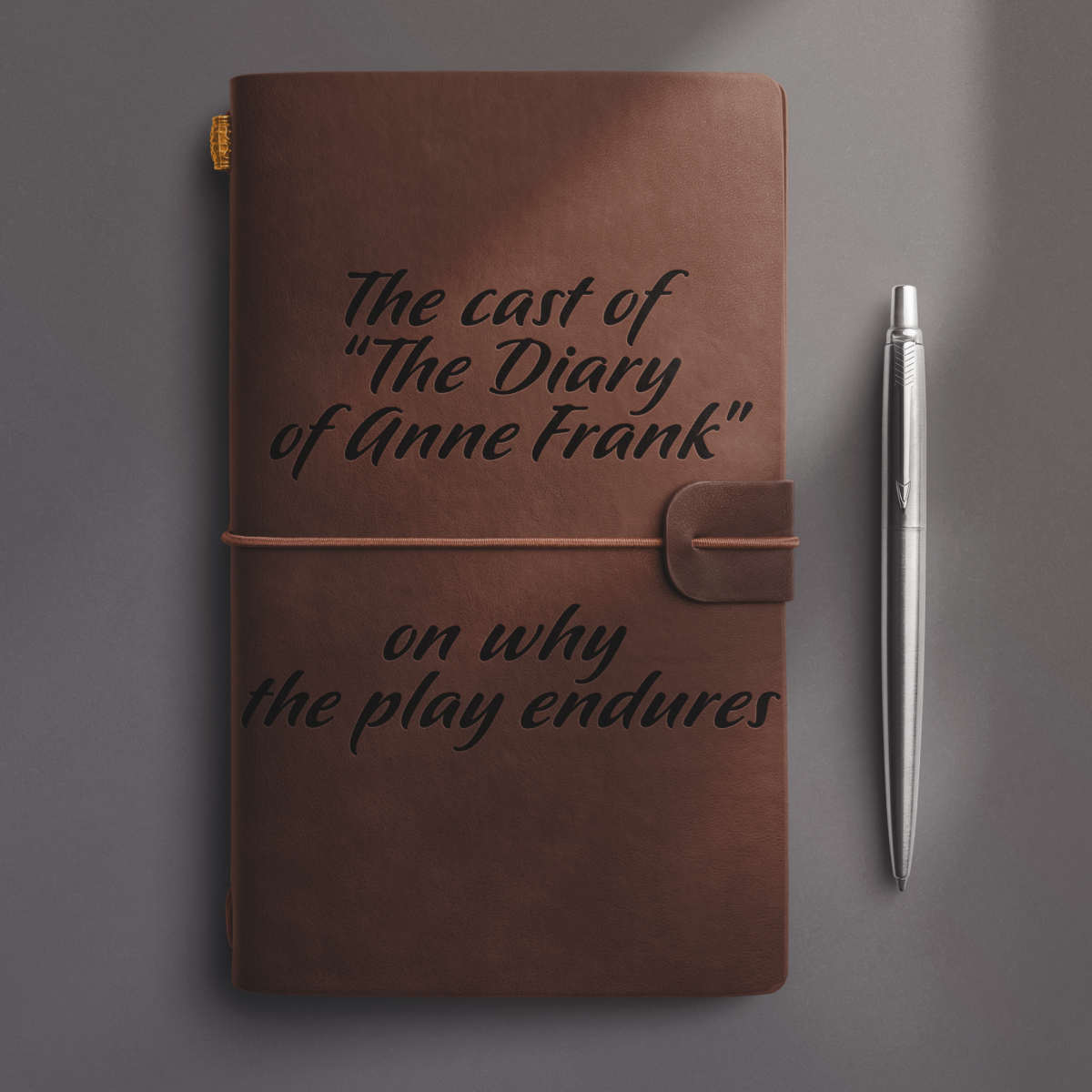


















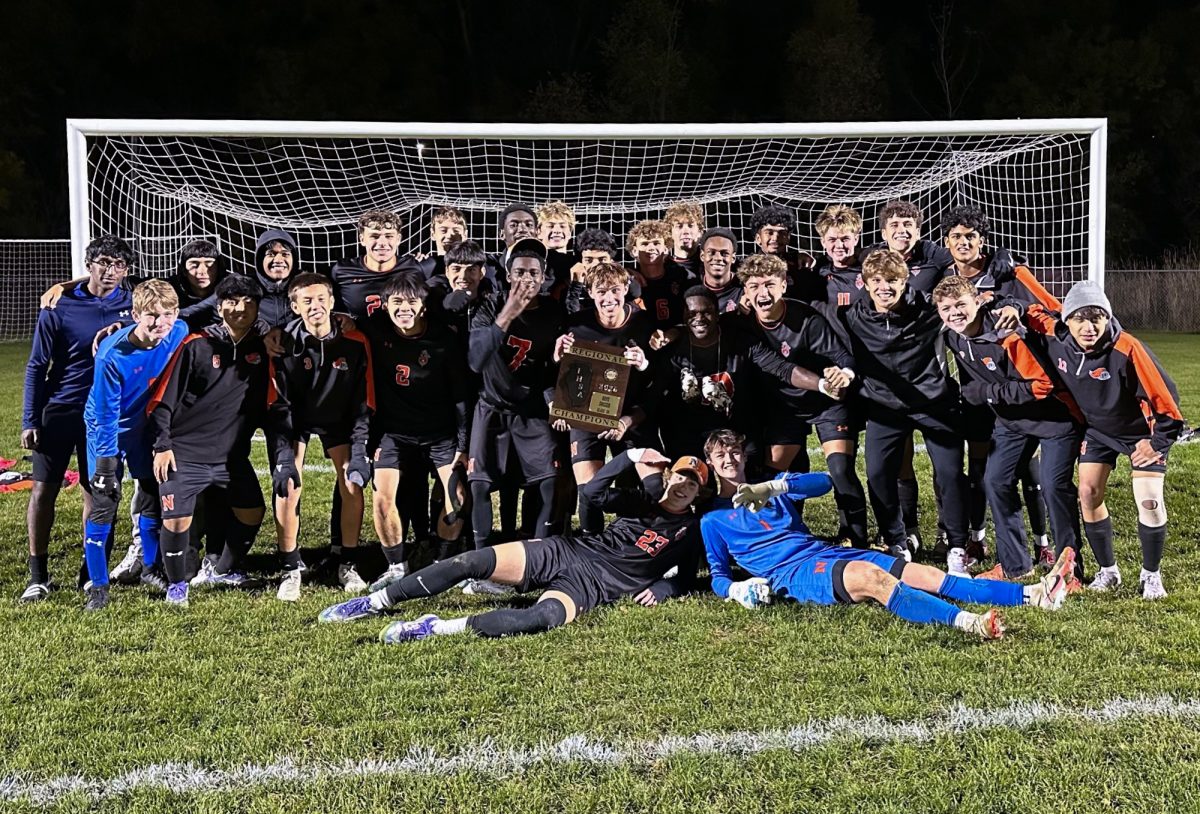
![Playoffs Rd. 1: Coach Drengwitz on Ironmen’s 7A playoff opener at Carmel Catholic [video]](https://nchsinkspot.com/wp-content/uploads/2025/10/PW_PresserVCC_Thumb.png)
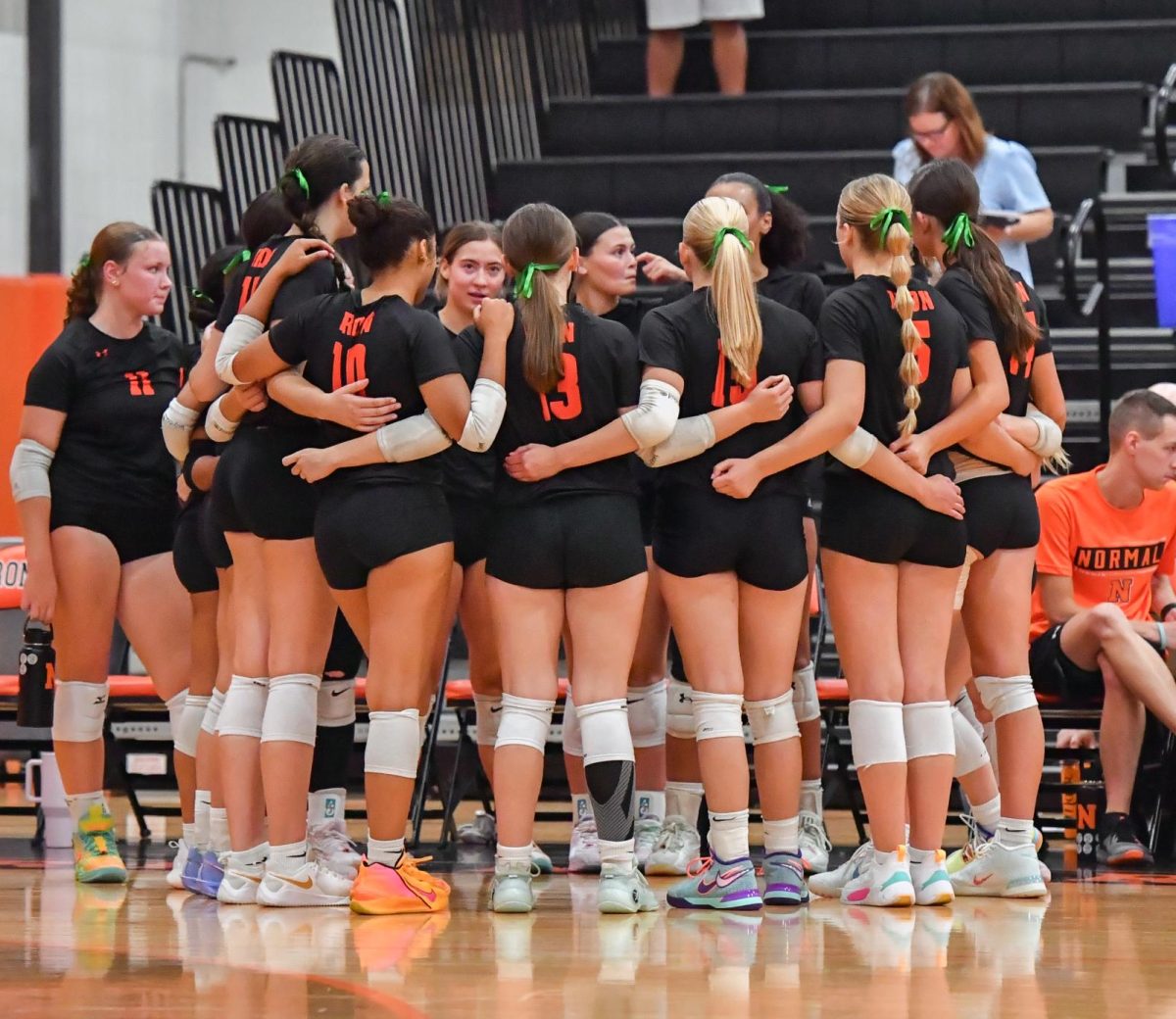
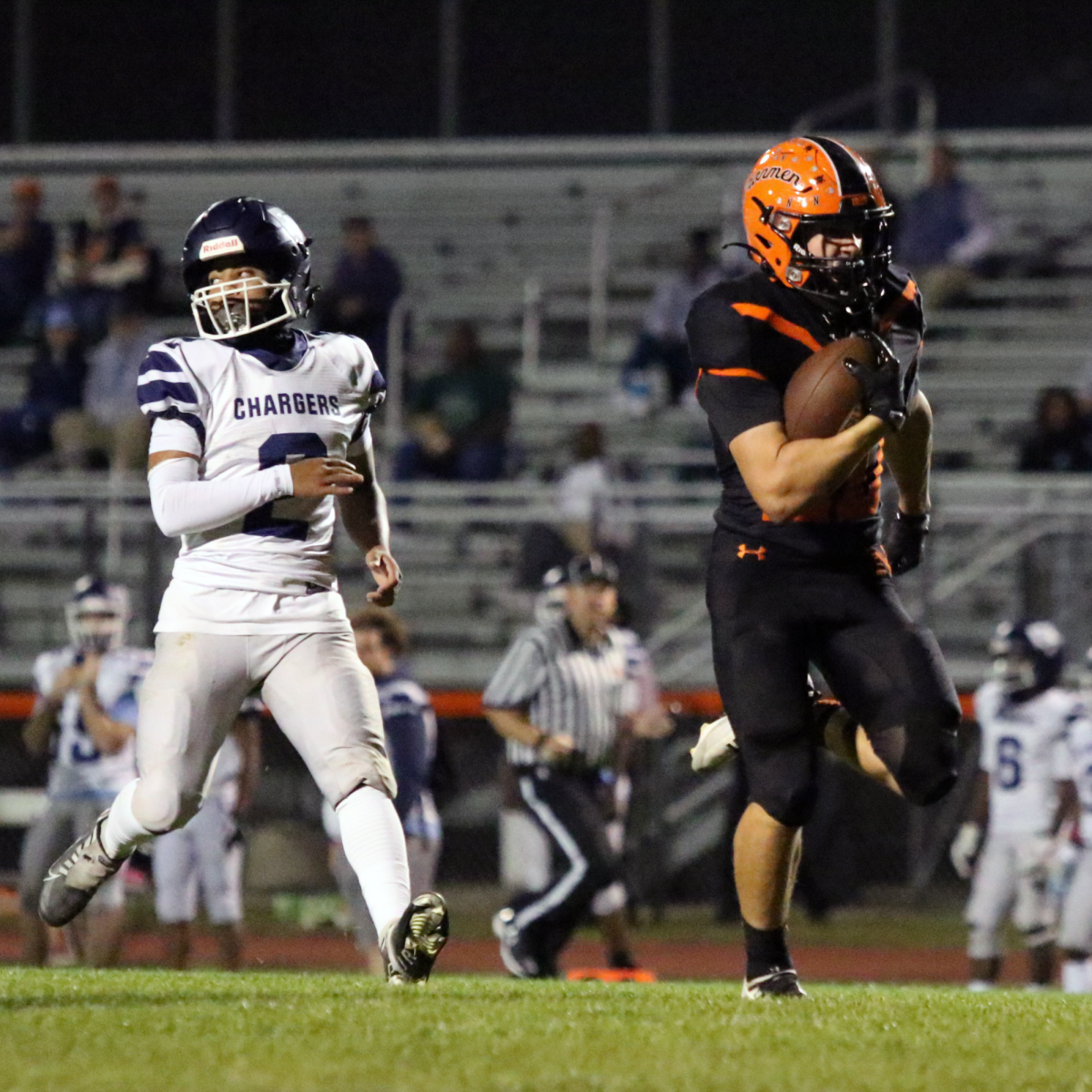
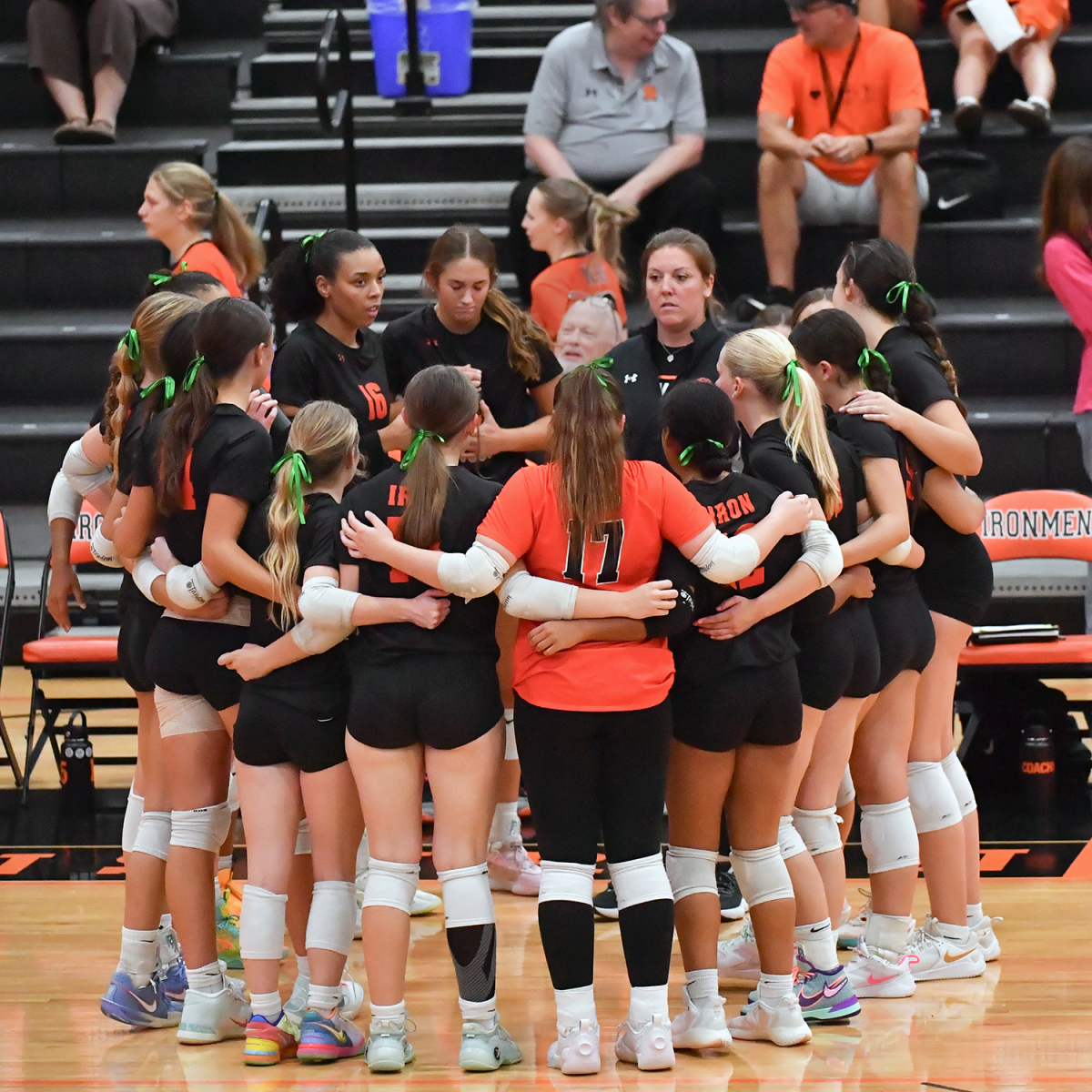





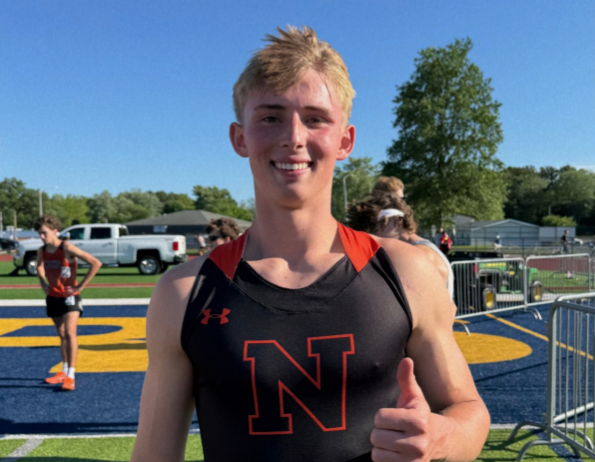
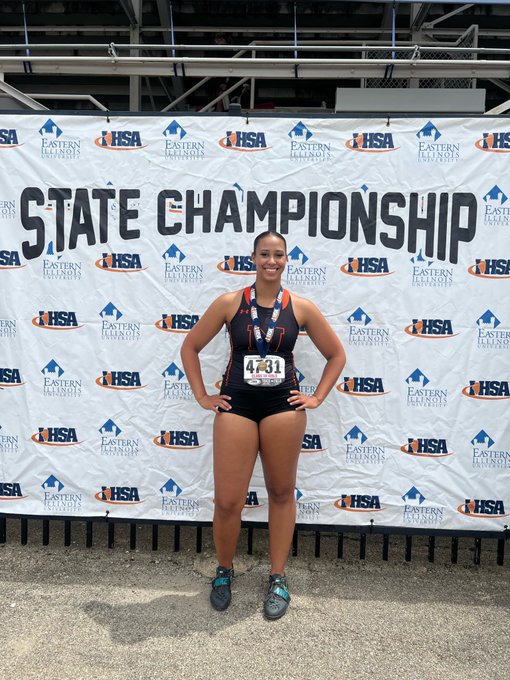
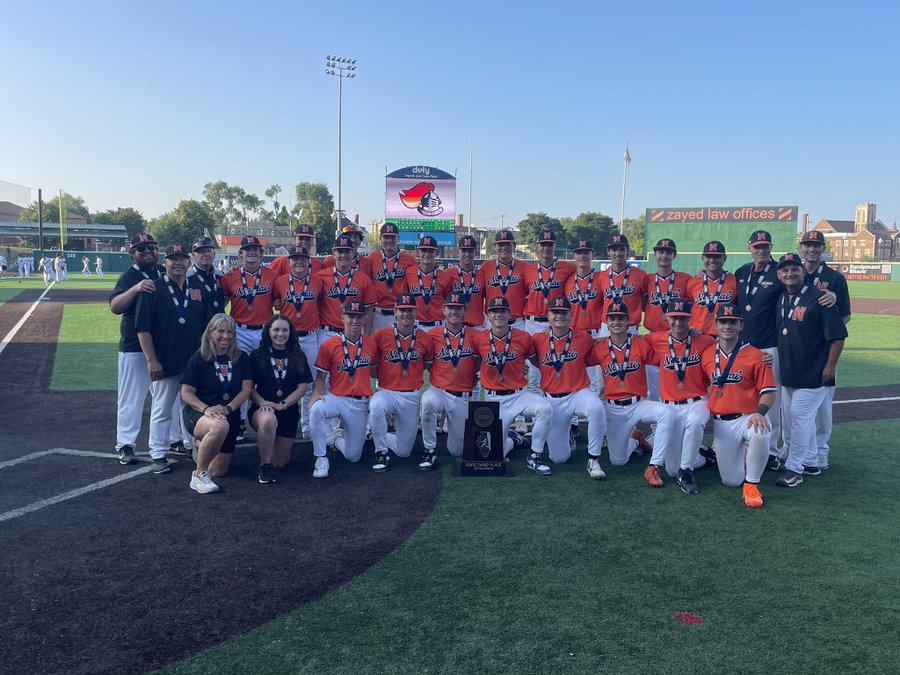








![Halloween candy cross section quiz [quiz]](https://nchsinkspot.com/wp-content/uploads/2022/10/Candy-cover-big-900x675.png)
![Average Jonah? [quiz]](https://nchsinkspot.com/wp-content/uploads/2022/05/average-jonah-900x600.png)







![[Photo Illustration]](https://nchsinkspot.com/wp-content/uploads/2025/09/trigger-words-1.png)










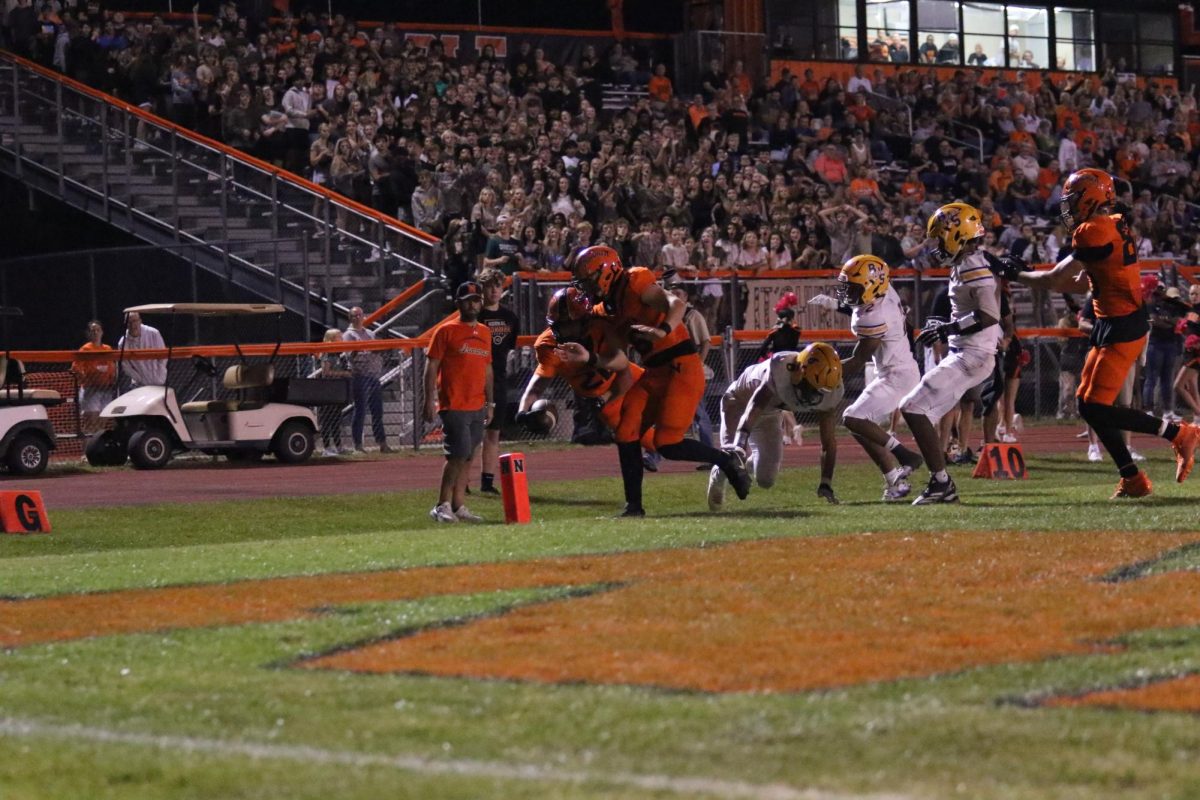
![Ironmen volleball head coach Ms. Christine Konopasek recorded her 400th career victory Oct. 21 as the Ironmen closed their regular season with a 2-0 sweep over Danville.
[Photo Illustration]](https://nchsinkspot.com/wp-content/uploads/2025/10/Vball400Thumb.png)
![Week 9: Coach Drengwitz on Week 8’s win, previewing Peoria High [video]](https://nchsinkspot.com/wp-content/uploads/2025/10/W9_PeoriaThumb.png)





![Postgame: Drengwitz on Community’s 56-6 win over Champaign Centennial; staying unbeaten in Big 12 [video]](https://nchsinkspot.com/wp-content/uploads/2025/10/10.17_FBwChampCent56-6_POST_thumb.png)
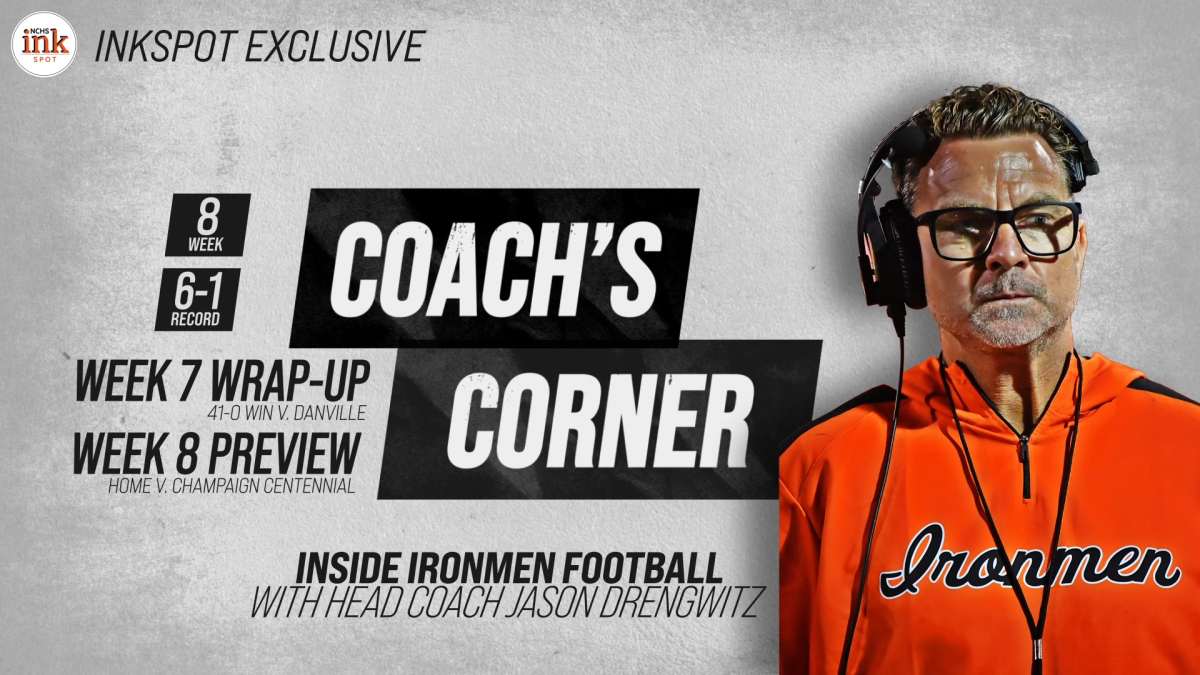
![On the Spot: This or That – Halloween [video]](https://nchsinkspot.com/wp-content/uploads/2024/10/tot-Halloween-YT-1200x675.png)
![On the Spot: This or That – Fall favorites [video]](https://nchsinkspot.com/wp-content/uploads/2024/10/ots-fall-web-1200x800.png)
![On the Spot – Teachers tested on 2023’s hottest words [video]](https://nchsinkspot.com/wp-content/uploads/2024/01/On-the-Spot-Teachers-tested-1200x675.png)








